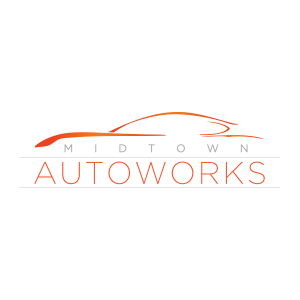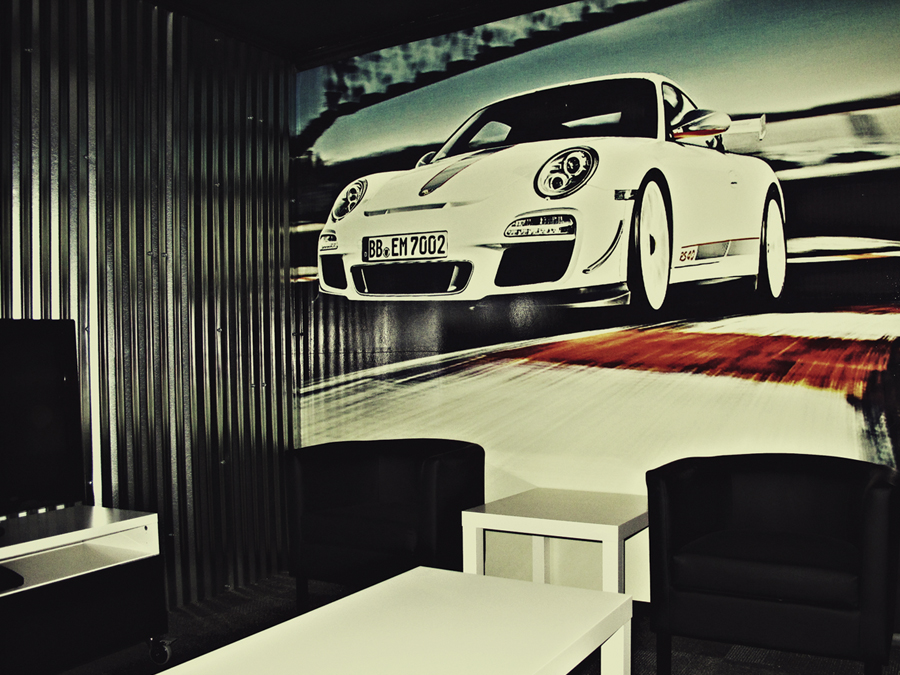Import Tariffs
Impact of Import Tariffs on Small Auto Shops
Mercedes and Porsche Mechanic | Midtown Auto Repair | Sacramento
Small, local auto shops that specialize in German vehicles like Mercedes-Benz and Porsche often rely on imported parts to provide high-quality maintenance and repair services. However, tariffs on imports can significantly affect these businesses, leading to increased costs, pricing challenges, and potential shifts in consumer behavior.
Rising Costs for Parts and Materials:
One of the most immediate impacts of tariffs on imported goods is the increase in costs for essential parts and materials. Many components for Mercedes-Benz and Porsche vehicles are manufactured in Germany and other European countries, making them subject to import duties. When tariffs are imposed or increased, the price of these parts rises, forcing small auto shops to either absorb the extra costs or pass them on to their customers. Unlike large dealership service centers, which may have bulk purchasing power or direct relationships with manufacturers, small shops typically operate with thinner profit margins and are more vulnerable to cost fluctuations.
Higher Service Prices for Customers:
With rising part costs, small auto shops may have no choice but to raise their service prices. This can deter some customers who may opt for cheaper alternatives, such as aftermarket or non-OEM (original equipment manufacturer) parts. However, for high-end brands like Porsche and Mercedes-Benz, using genuine parts is often crucial for maintaining vehicle performance and value. Customers who insist on authenticity will have to bear the brunt of these price increases, potentially making luxury car maintenance less accessible for some owners.
Competitive Disadvantage Against Dealerships:
Tariffs may disproportionately affect independent auto shops more than dealership service centers. Larger dealership networks often have greater resources, allowing them to negotiate better pricing with suppliers or shift costs internally. In contrast, small shops may struggle to remain competitive, especially if they cannot offer pricing advantages over dealerships. Additionally, dealerships may have access to manufacturer-backed incentives, whereas independent shops must rely on their own sourcing networks.
Potential Shifts in the Auto Repair Market:
Over time, sustained import tariffs could lead to changes in the auto repair industry. Some small shops may explore domestic or alternative suppliers to mitigate costs, though this could affect the availability of high-quality German parts. Others might shift their business models, focusing on general European car repair rather than exclusively serving German brands. Ultimately, tariffs on imports create an environment where small, specialized auto shops must adapt or face significant financial pressure.
For owners of Mercedes-Benz and Porsche vehicles, supporting local independent shops remains crucial in maintaining competition and choice in the auto repair market. However, continued tariffs could reshape the landscape, making high-quality, specialized maintenance more expensive and less accessible for many enthusiasts.
P. 916.382.7700


